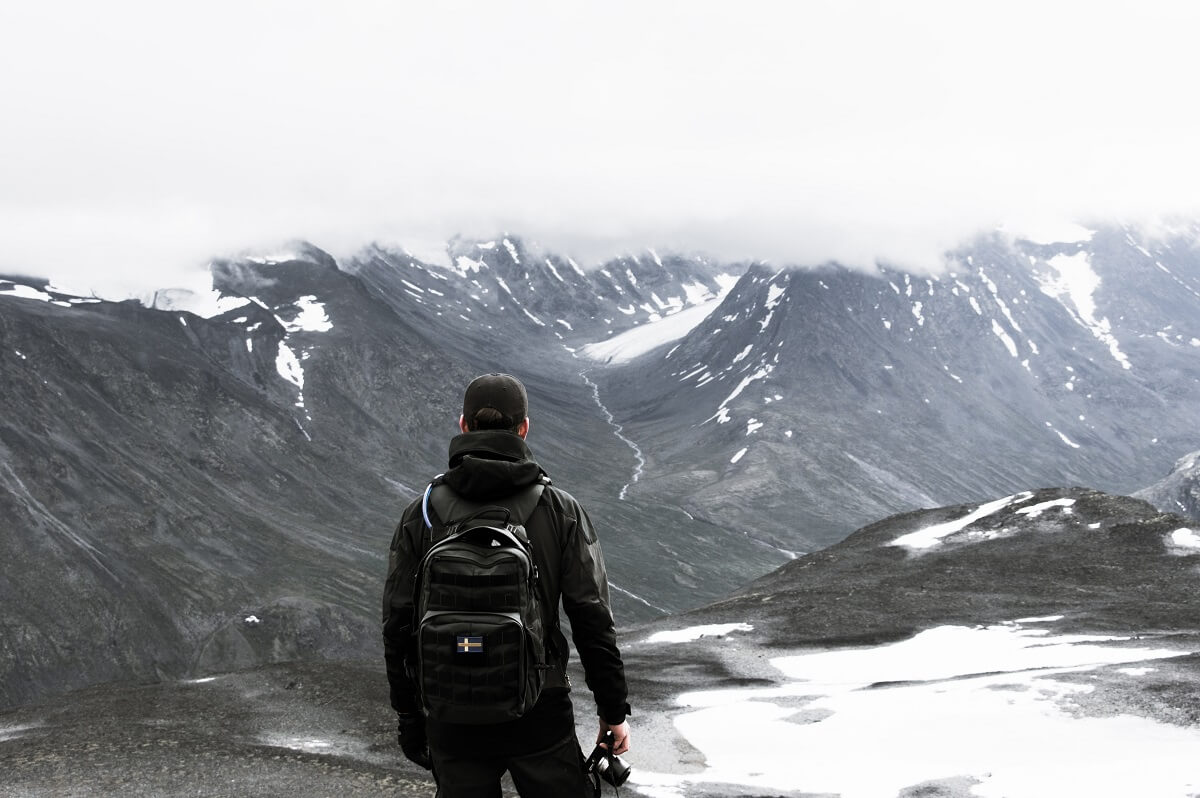Biggest and Most Common Outdoor Survival Mistakes to Avoid

When you are out in the wilderness, it is important to be aware of the many dangers that can occur. There are many mistakes that people commonly make when they are trying to survive in the great outdoors. For this reason, we’re going to discuss some of the biggest and most common outdoor survival mistakes so that you can avoid them!
Being Alone
While trips are perfect alone, don’t tackle big survival tasks by yourself. If something goes wrong, you’re going to need help. In addition, it’s always good to have someone else around to help with tasks, such as a lookout while you’re starting a fire. What if you need help? What if the worst-case scenario happens? It’s always good to have a second pair of eyes and ears when you need them the most.
Not Planning
One of the worst things you can do is go into the wilderness without any sort of plan. This includes knowing where you’re going, what you’re doing, and how you’re going to do it. Without a plan, you’re more likely to make mistakes, which could lead to serious trouble. Even if you want to remain free while roaming, it’s important to have an idea of where you are and where you’re going.
Not Carrying the Right Equipment
Another common mistake is not carrying the right equipment; this includes everything from clothing and shelter to food and water. If you’re not properly prepared, you could find yourself in a dangerous situation. Make sure you know what you need and always bring more than enough, just in case.
Eating Non-Edible Mushrooms and Plants
Across the United States, there are over 100 species of poisonous mushrooms. If you’re not an expert in identifying edible plants, it’s best to steer clear altogether. The same goes for berries and other plants; unless you’re positive they’re safe to eat, don’t take the risk. For example, the water hemlock is a plant that looks similar to parsnip, but it’s one of the most poisonous plants in North America.
Drinking Unfiltered Water
Next, we all need water to survive. Yet, drinking straight from a stream or lake is one of the quickest ways to get sick in the wilderness. Giardia and other waterborne parasites are common in backcountry water sources. Unfortunately, parasites can cause extreme gastrointestinal distress, including diarrhea, cramping, and nausea.
To avoid getting sick, always filter or purify your water before drinking it. There are a variety of ways to do this, including using a water filter, boiling water for at least one minute, or using water purification tablets.
Letting Panic Take Over
If you find yourself in a survival situation, it is important to stay calm. Once panic sets in, it will be difficult to think clearly and make rational decisions. If you feel yourself starting to panic, take a few deep breaths and try to assess the situation. Once you have a plan, it will be easier to focus and take action.
Relying on Inaccurate Weather Forecasts
We all like to trust weather predictions on TV, but in a survival situation, this can be a mistake. Weather conditions can change rapidly, and it is always best to be prepared for the worst. If you are planning to be outdoors, always check the forecast before you go and be prepared for conditions to change.
Underestimating Risks
Finally, underestimating the risks involved in outdoor activities can be fatal. Even if you are experienced and have all the right gear, things can still go wrong. Make sure you always assess the risks involved in any activity before you begin and be prepared to turn back if conditions are treacherous.